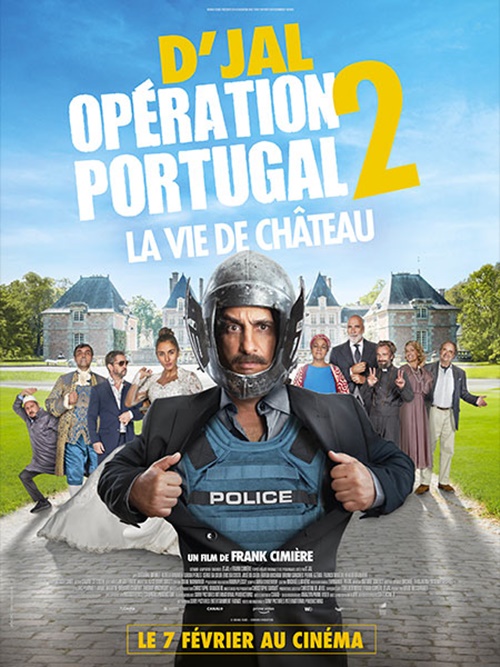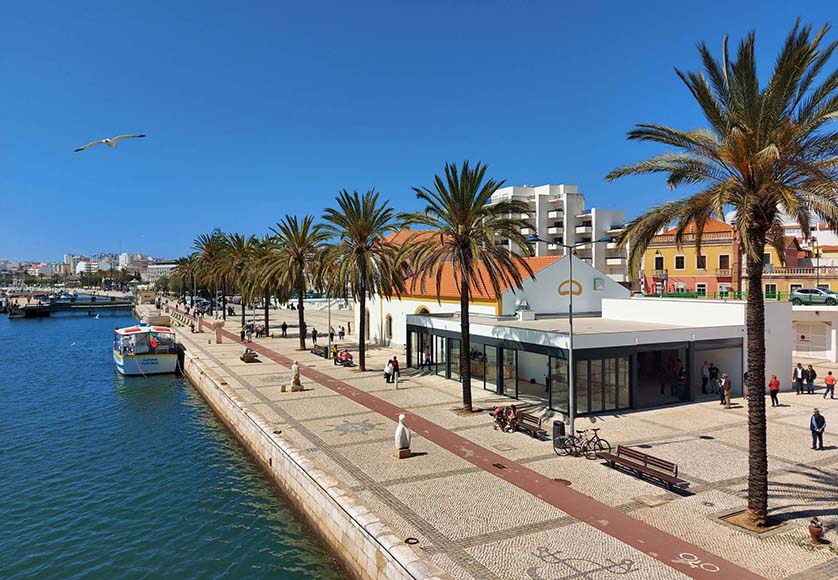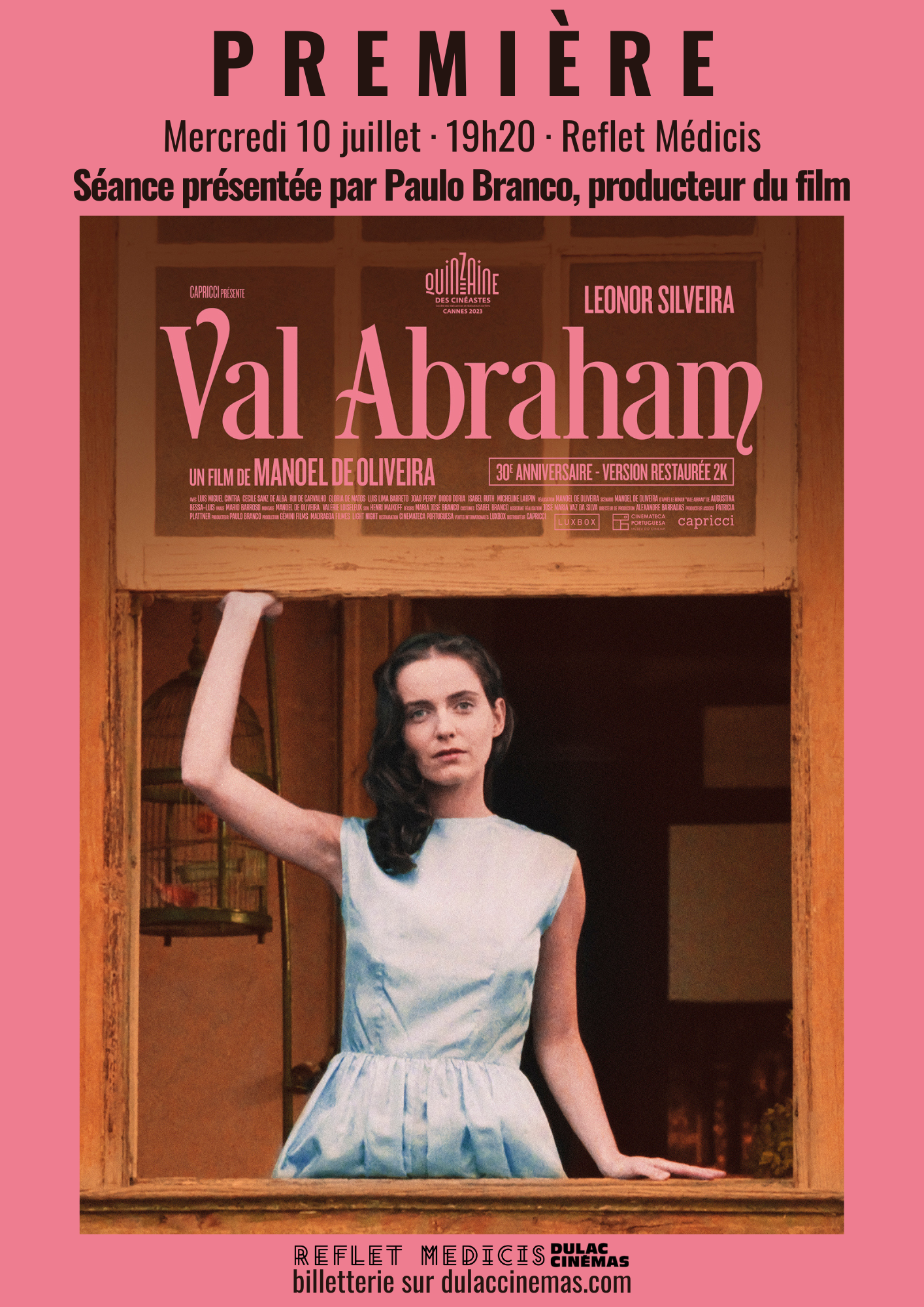
Who is Francois Manso?
François Manseau is a French screenwriter and director known for works such as When the Vine Sleeps (2007) and Once Upon a Time There Were Nineteen Actors (1987). His training at the Louis Lumière School has given him a great sensitivity to the image in his work through a very particular aesthetic brought to the sequences. Part of his career has been devoted to public and private broadcasting. He won the Media Prize and the Audience Prize at the Reims Festival for the documentary Where Our Fathers Gone. Since 2009, the screenwriter has lived partly in Lisbon. He shot the documentary Portugal, a Europe of Uncertainty there in 2012. When editing Encontro, François Manseau used images he had taken fourteen years earlier in the Portuguese capital.
Encontro, a story of love and reunion
“A kind of dialogue between the conscious and the unconscious, about the nostalgia of the passion of the present and the future. » Francois Manso
Alain, a 50-year-old Belgian director, receives a mysterious text message. A photo appears on his cell phone for a few seconds, just in time to recognize Luisa, the actress in his film that has been unfinished for 7 years. Suddenly, Alain is forced to abandon the woman he loved passionately. This image invades his thoughts and thrusts him into a fantastic world. Convinced that it is a spiritual message encouraging him to see Luisa again, Alain hurriedly leaves his home in Ghent, Belgium, to reach Lisbon. Once there, he learns that Luisa has been missing for four years. In search of the truth, he begins to search for her. Then Maria, a stranger he met in the cinema cafeteria, offers to help him…
A film that offers no answers but invites us to wonder about the indelible marks that passion can leave on the mind of each person, immersing us in a world where the Portuguese landscapes of the historic heart of Lisbon intersect with the wild landscapes of Cape Town. -Green
Many references are placed in the service of a complex narrative framework.
“To shoot a documentary film adapted for free from the famous 14th century Portuguese legend based on the passionate story of Prince Pedro and Ines.” Francois Manso
The three-dimensional plot of the story shows us the past, present and future of Johan Heldenberg as the main character Alain who through scenes of memories or projections in time opens up a field of possibilities in the eyes of the viewer. His gaze takes us into a dreamlike space, as poetic as it is aesthetic.
According to director François Manso, the film, which has been broadcast on three continents, has a global scope in the way it understands nostalgia, drama but also what we call more specifically in Portuguese “saudade”. The work is therefore centered around this emotional axis through which the director, who himself describes his work as subjective, deals with emotions, with the subconscious, through the story of the path of initiation and formal recovery that the main character undertakes.
François Manso's references are numerous and range from Hitchcock's cinema to the aesthetics of director Michelangelo Antonioni, including classical myths such as the myth of Orpheus. Portuguese actress Dalila Carmo plays a brilliantly female reporter.
|
Libby Magazine: How did the idea for this film come about and why Cape Verde? Encontro was born from this transformation of these photographs taken fourteen years ago, through which I confronted elements of subjective fantasy linked to reality and reflected by a mental projection. A kind of dialogue between the conscious and the unconscious, around the nostalgia of the passion of the present and the future. Cape Verde seemed to me like a paradise for what this subconscious world could be for the film. A world that seemed to me imaginary, with its humanity, its energy, its generosity, its creativity, and, through its geographical location, far from a world struggling to renew itself. Why did you choose foreign actors for a French-language role? In this emotional state of mind, I wanted to choose a foreign actor who could interpret the main role in an organic way, not intellectually like many actors in France. Can we see autobiographical elements in your film? Contro is an authorial film, it is an imposed character that demands that of its author. Do you have any new projects? Encontro, for me, is the first film in a trilogy, which I really want to see. |
The movie will be in the following cinemas:
• Our fans
• Our Almada
• We have Alma Coimbra
• Our Gondomar
• Our Oyras
• Our Visio Forum
• Our Faro
• UCI El Corte Ingles
• City of Valadi
• Coimbra Cinema






